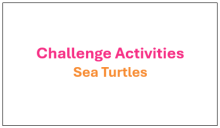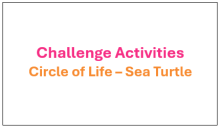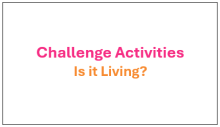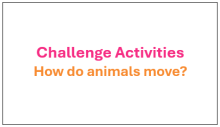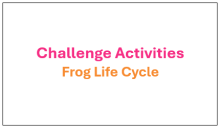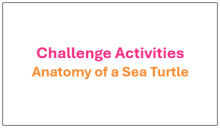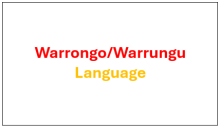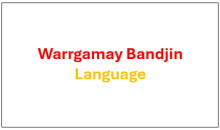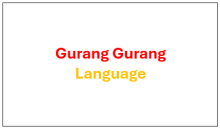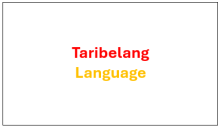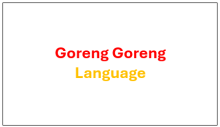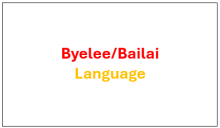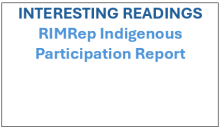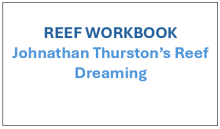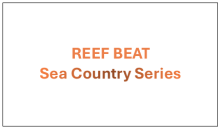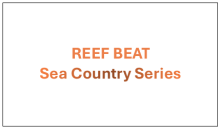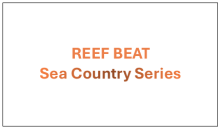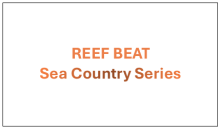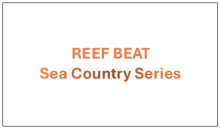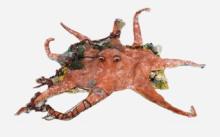- All pages
- Primary school
- Middle school
- Senior school
Primary Grade 3 - Turtle Life Cycle
Find the missing word in the text below.
Primary Grade 3 - Turtle Life Cycle
Cut out the front and back wheels below and colour the pictures. Attach the front to the back with a paper fastener. Spin the wheel in the direction of the arrow to follow the life cycle of a turtle.
Primary Grade 3 - Is it Living?
One of the first things Scientists do when classifying something for the first time is to decide if it is alive. There are 8 characteristics to check if something is alive.
Decide if the following items in the columns meet the requirements to be classified as a living thing (tick the box if the item meets the requirement).
Primary Grade 3 - How do animals move?
Marine creatures move in different ways.
Research the following animals to find out what structure(s) of the animal is used to move.
Primary Grade 3 - Frog Life Cycle
Cut out the seven stages of the frog life cycle and paste them into their correct spot in the diagram.
Primary/Middle Grade 2-7
Use the words in the box below to label the parts of the Sea Turtle.
Pagination
ACTIVITY Chatterbox - Warrongo/Warrungu Language
Unlock the secrets of learning with our Chatterbox Challenge – where every fold leads to new knowledge!
Warrongo (or War(r)ungu) is an Australian Aboriginal language, one of the dozen languages of the Maric branch of the Pama–Nyungan family.
It was formerly spoken by the Warrongo people in the area around Townsville, Queensland, Australia. Warrungu - Queensland, west of Ingham and Abergowrie almost to Einasleigh.
Alternative names for the language include Warrangu, Warrango, War(r)uŋu, War-oong-oo, Gudjala and Gudjal. The Warungu language region includes areas from the Upper Herbert River to Mount Garnet.
ACTIVITY Chatterbox - Warrgamay Bandjin Language
Unlock the secrets of learning with our Chatterbox Challenge – where every fold leads to new knowledge!
Warrgamay is an extinct Australian Aboriginal language of northeast Queensland. It was closely related to Dyirbal. It is also known as Waragamai, Wargamay, Wargamaygan, Biyay, and Warakamai.
The language region includes the Herbert River area, Ingham, Hawkins Creek, Long Pocket, Herbert Vale, Niagara Vale, Yamanic Creek, Herbert Gorge, Cardwell, Hinchinbrook Island and the adjacent mainland.
ACTIVITY Chatterbox - Gurang Gurang Language
The Gurang Gurang and Goreng Goreng languages are closely related but not the same. Both languages belong to the Waka-Kabic subgroup of the Pama–Nyungan languages.
The names are often used interchangeably, and there is some overlap in the regions where they are spoken, primarily in Central Queensland.
The differences between them are subtle and often pertain to dialectal variations rather than being entirely separate languages. For example, the pronunciation and some vocabulary might differ slightly between the two!
ACTIVITY Chatterbox - Taribelang Language
Unlock the secrets of learning with our Chatterbox Challenge – where every fold leads to new knowledge!
Taribelang, also known as Bunda, Gureng-Gureng is a language of Queensland. Although no longer spoken as a native language by the Taribelang or Bunda people, it is spoken as a 2nd or 3rd language by under 100.
ACTIVITY Chatterbox - Goreng Goreng Language
Unlock the secrets of learning with our Chatterbox Challenge – where every fold leads to new knowledge!
The Gurang Gurang and Goreng Goreng languages are closely related but not the same. Both languages belong to the Waka-Kabic subgroup of the Pama–Nyungan languages.
The names are often used interchangeably, and there is some overlap in the regions where they are spoken, primarily in Central Queensland.
The differences between them are subtle and often pertain to dialectal variations rather than being entirely separate languages. For example, the pronunciation and some vocabulary might differ slightly between the two!
ACTIVITY Chatterbox - Byellee/Bailai Language
Unlock the secrets of learning with our Chatterbox Challenge – where every fold leads to new knowledge!
Bayali (also spelt Biyali, Baiali, Byelle, Byellee, and also known as Orambul or Urambal) is an extinct Australian Aboriginal language of Queensland in Australia, spoken in the Rockhampton and Gladstone areas.
Pagination
INTERESTING READINGS - RIMReP Indigenous Participation Report
Unlock the wisdom of the land with captivating readings from Traditional Owners. Dive into their stories and enrich your understanding today! Includes information on co-management and a diagram of integrated Indigenous and scientific knowledge of dugongs.
Johnathan Thurston's Reef Dreaming - Reef Workbook
Workbook including range of scientific and sea country activities and a poem.
REEF BEAT - Sea Country Series
Boost classroom fun and learning with our printable resources! Download now!
REEF BEAT - Sea Country Series
Boost classroom fun and learning with our printable resources! Download now!
REEF BEAT - Sea Country Series
Boost classroom fun and learning with our printable resources! Download now!
REEF BEAT - Sea Country Series
Corresponding activity book with individual and class activities.
Pagination
REEF BEAT - Sea Country Series
Boost classroom fun and learning with our printable resources! Download now!
REEF BEAT - Sea Country Series
Boost classroom fun and learning with our printable resources! Download now!
REEF BEAT - Sea Country Series
Boost classroom fun and learning with our printable resources! Download now!
REEF BEAT - Sea Country Series
Corresponding activity book with individual and class activities.
REEF BEAT - Sea Country Series
Posters on a wide variety of topics, including connection to sea country, sustainable use of resources, traditional use, caring and protecting sea country, dance, trade, ceremonies, and cultural sites.
Eco-REEFlection Task
The Reef Guardian School REEFlection task was developed to commemorate the 20 year anniversary of the Reef Guardian School program. Since 2003, more than 300 schools have participated in environmental and sustainability projects and activities within their classrooms, their school grounds and local areas that help protect the Great Barrier Reef. These actions have been central in igniting curiosity and connecting students, teachers, their communities, and local environmental agencies to make positive changes for the marine environment. This fosters and promotes a culture of Reef stewardship.
The REEFlection task is designed to capture your story of connection to the Reef and what it means to you to be a Reef Guardian.

